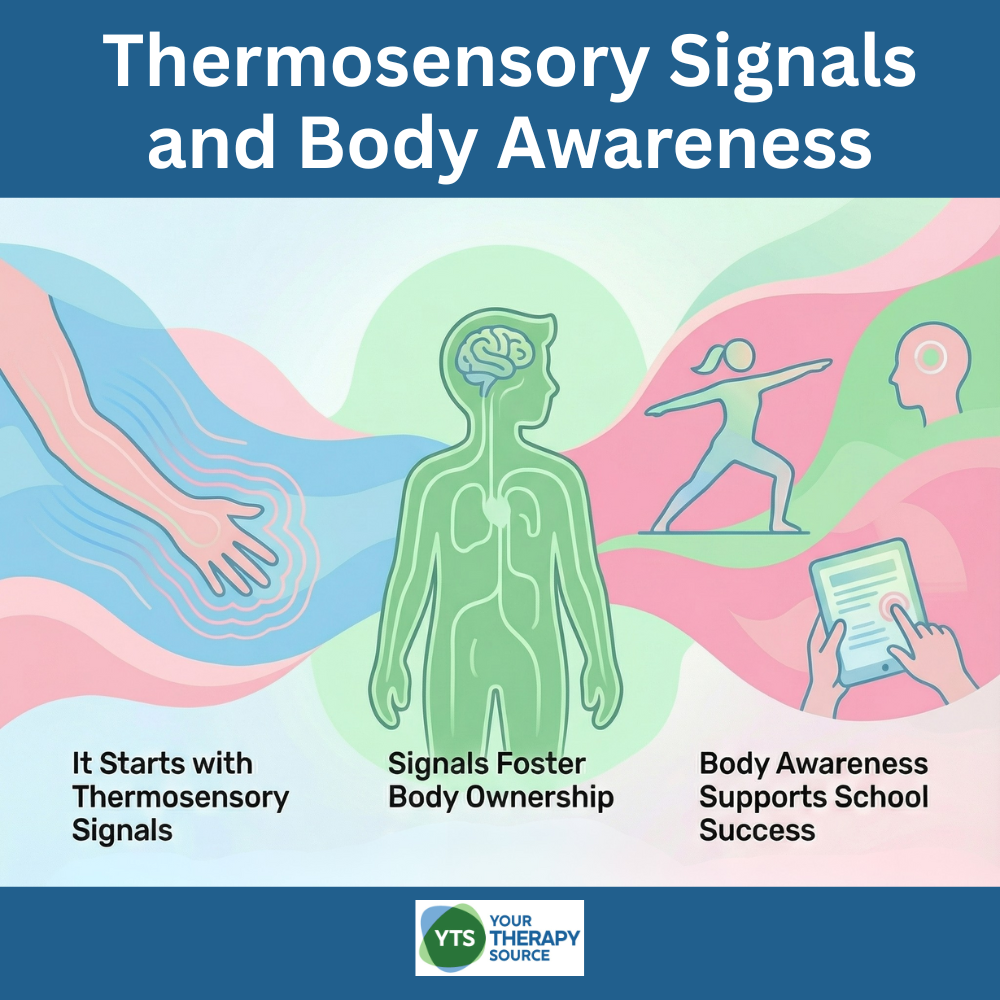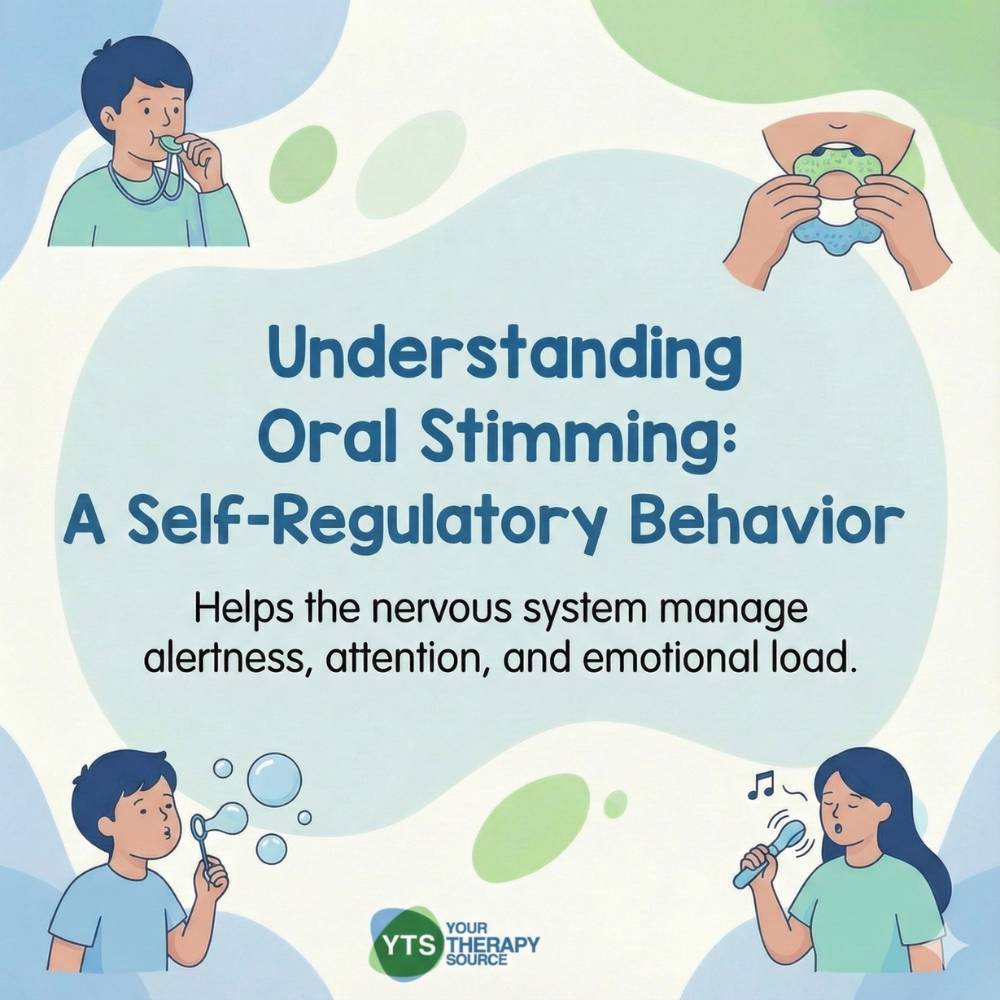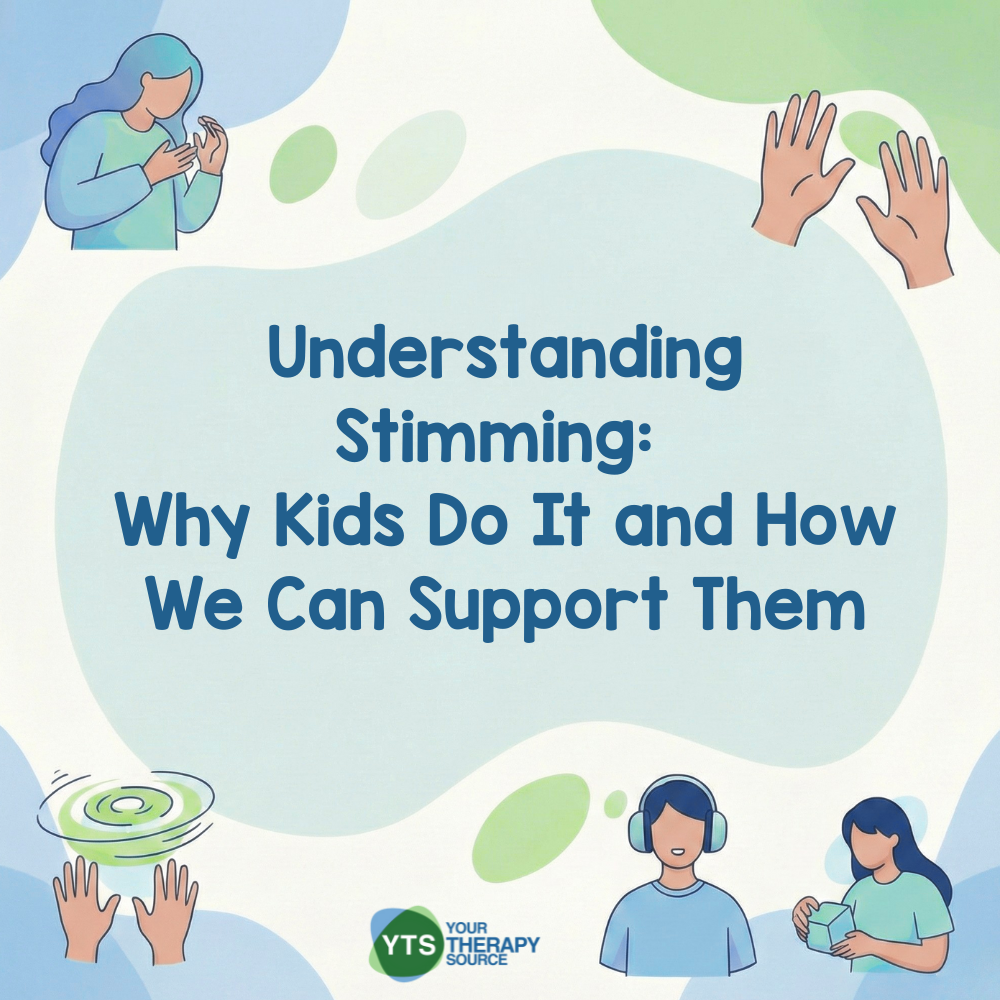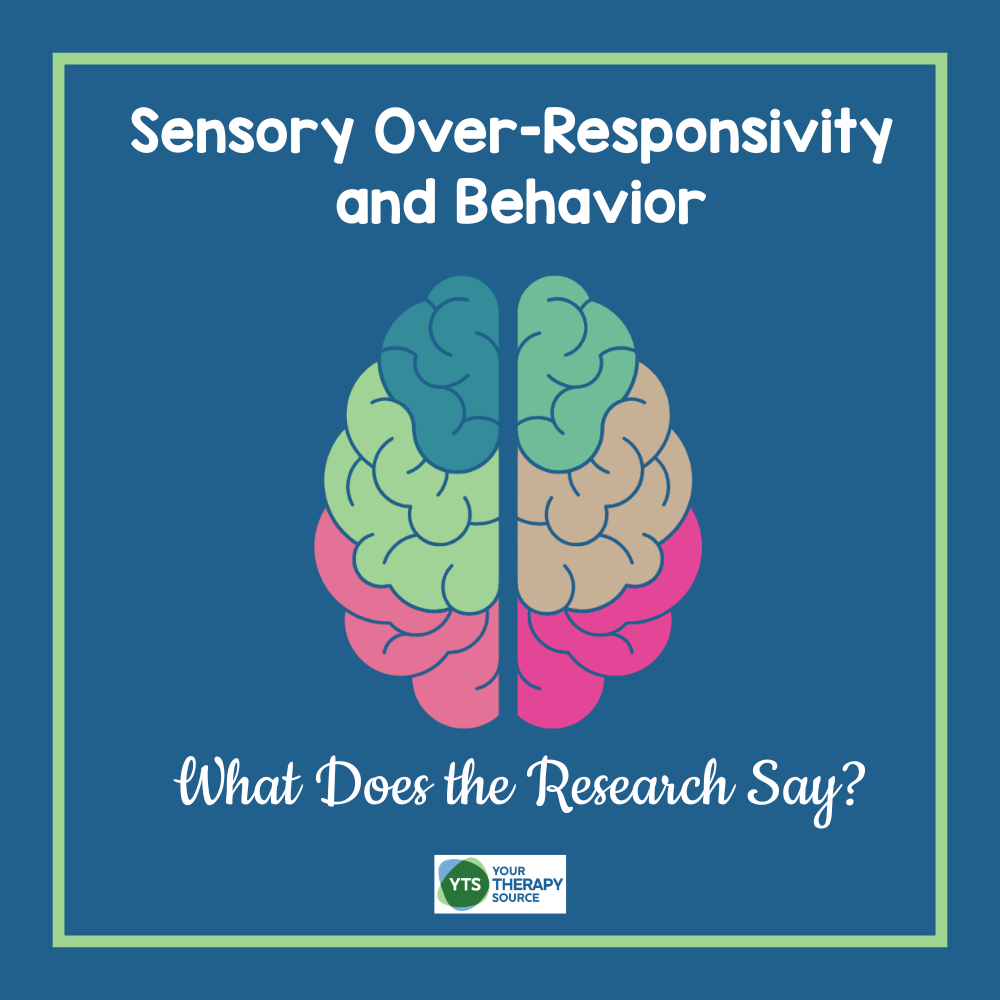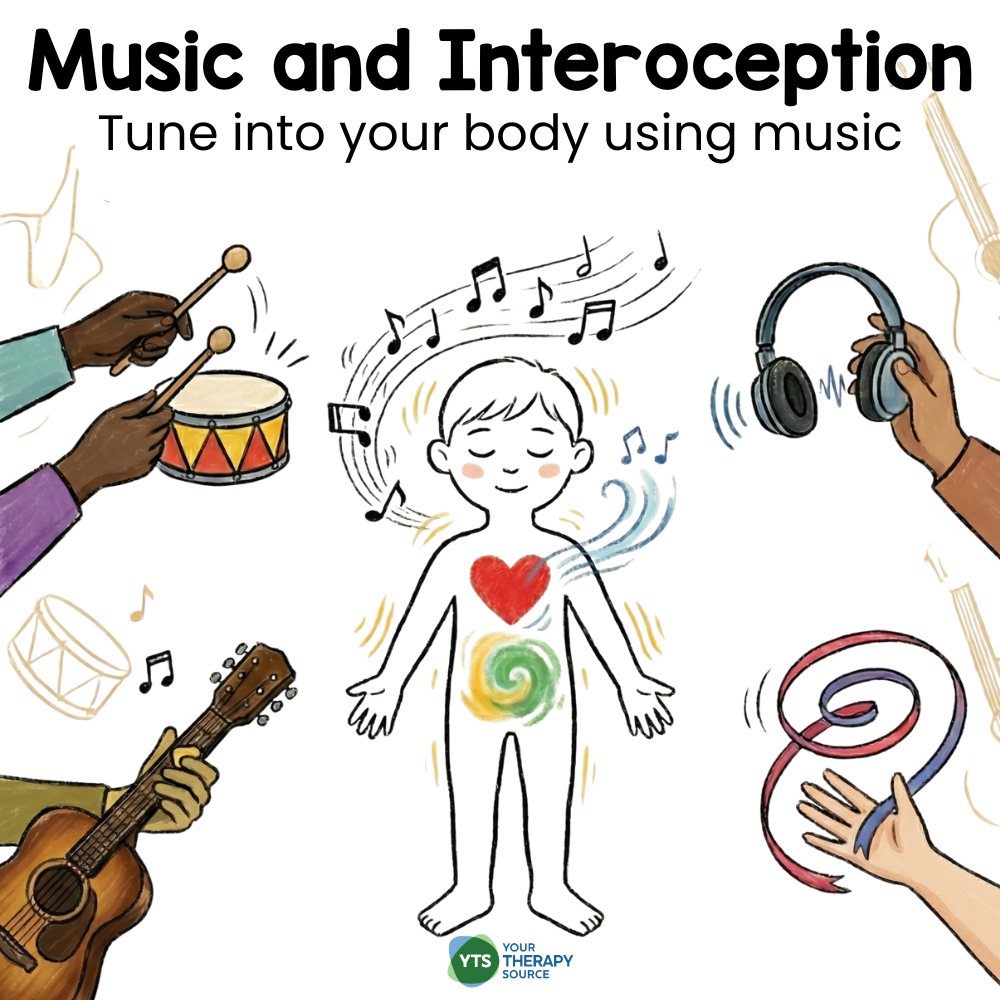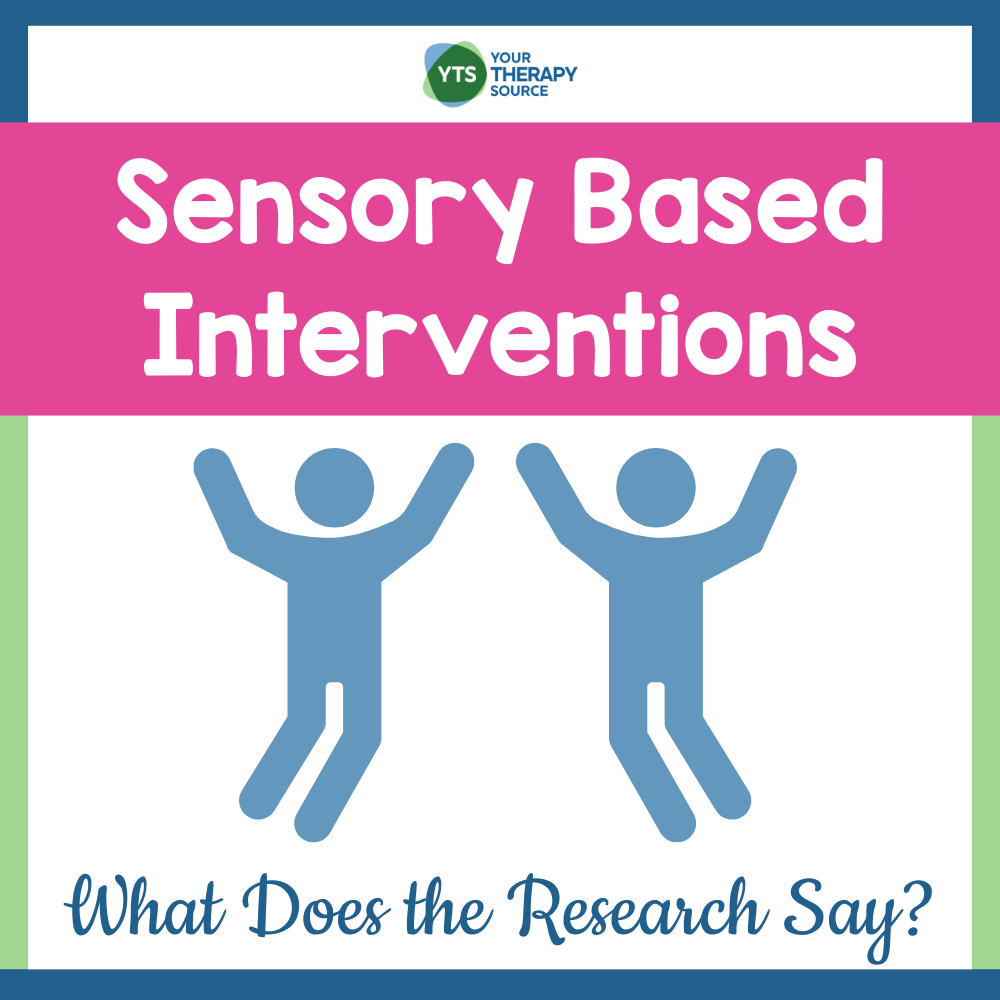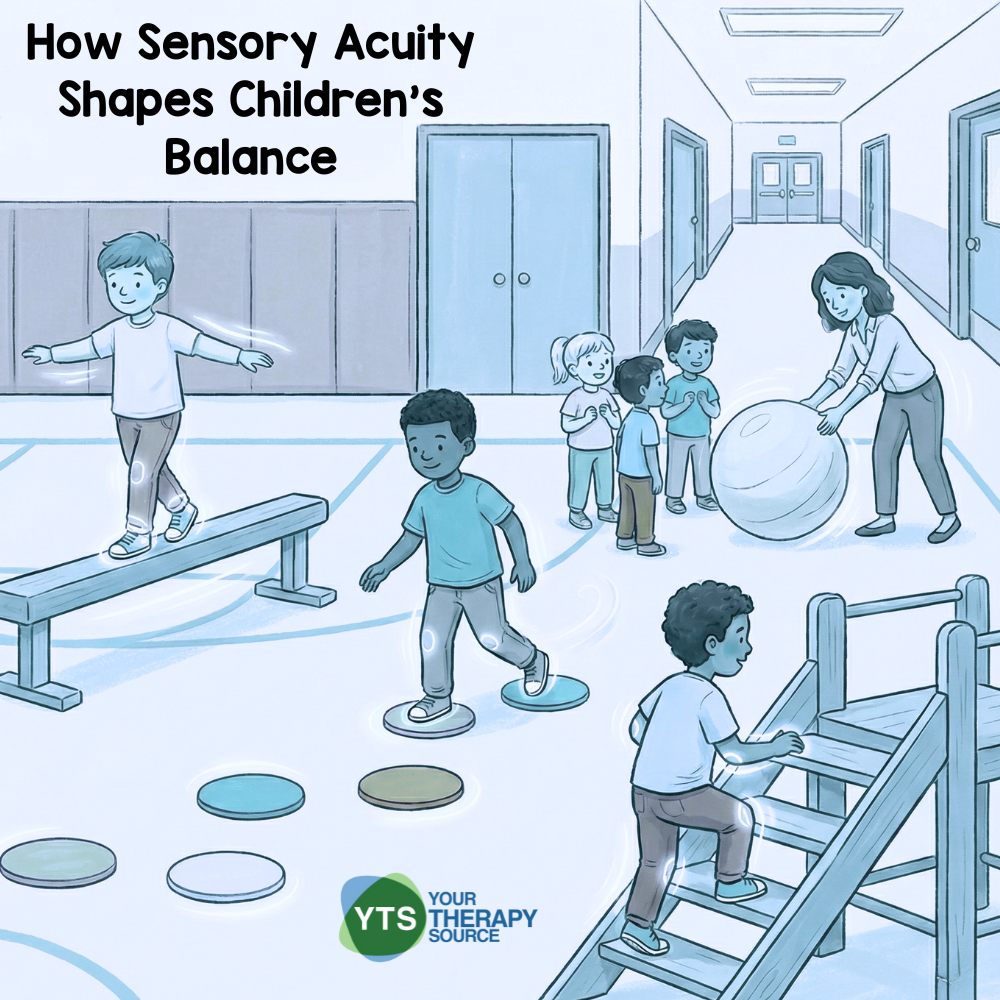Interoception in the Classroom: How Internal Body Awareness Shapes Regulation and Participation
In classrooms, students are expected to regulate emotions, maintain attention, transition between activities, and participate socially and academically throughout the day. When these skills break down, challenges are often addressed through behavioral supports, academic accommodations, or environmental modifications. However, an underlying system frequently influences all of these areas. Learn more about how interoception in the […]


